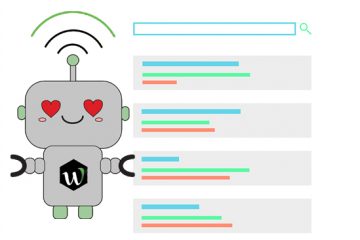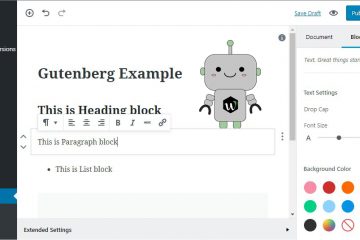First, it’s important to understand that search engines like Google might seem all-knowing, but they’re pretty limited in the way they find sites; this is where on-page SEO comes in.
As a human being, you have the power to draw on all your experiences and memories to decide an article about a New York homeless man claiming to be “The Bat Man,” dawning garbage wings and flapping about the streets of New York, is not the same as DC’s classic vigilante.
A silly example, yes, but it helps to understand that computers rely on what’s on the page and not exactly on logic and reason. However, they are getting smarter.
As a result, if you want to rank on search engines, you have to keep a few On-Page SEO concepts in mind.
Keywords – Once the most crucial factor for finding a site, search engines have relied on the use of a specific key term less and less in recent years. Regardless, it’s still one of the most basic and useful forms of page optimization to date.
By focusing on a keyword or key phrase and using similar words or phrases to supplement your article in the body of the text, you can improve your chances of being picked up by search engines.
It also helps to arrange your “h tags” in descending order of importance. For example, if your article is about healthcare, your h1 title would include this keyword and your h2 tag (subtitle) would use the keyword or something and go into something more specific about healthcare.
Keyword Distance and Relationships – Both the physical location and the semantic relationship of keywords and similar phrases play a role for On-Page SEO. By placing natural variants like “bird” with your keyword or phrase, “cardinal,” search engines have a better chance of making the connection and understanding what your page is about. You wouldn’t want a sports fan coming to your Ornithology website and saying “Hey! When’s the next Cardinals game?”
Search engines use these “similar variants” and note their importance by how close they appear to the keyword or phrase, especially when used next to h tags.
Entity Relationship – Thinking about words as distinct entities is a good way to structure your content for quality SEO. Names and places are hard to confuse with other things, even for computers. For example, if you want to talk about the new Leonardo DiCaprio movie, with him as the focus, the title should mention his name and the movie.
Some other great terms to include in the article would be the director’s name, other actors, the locations of the film, character names, and so on.
The more you continue to specify your content through these terms, the easier it will be for search engines to find you.
All of these elements come together to make your page and the information on it easy for search engines to find and more relevant than similar articles that rely on keyword density alone.


